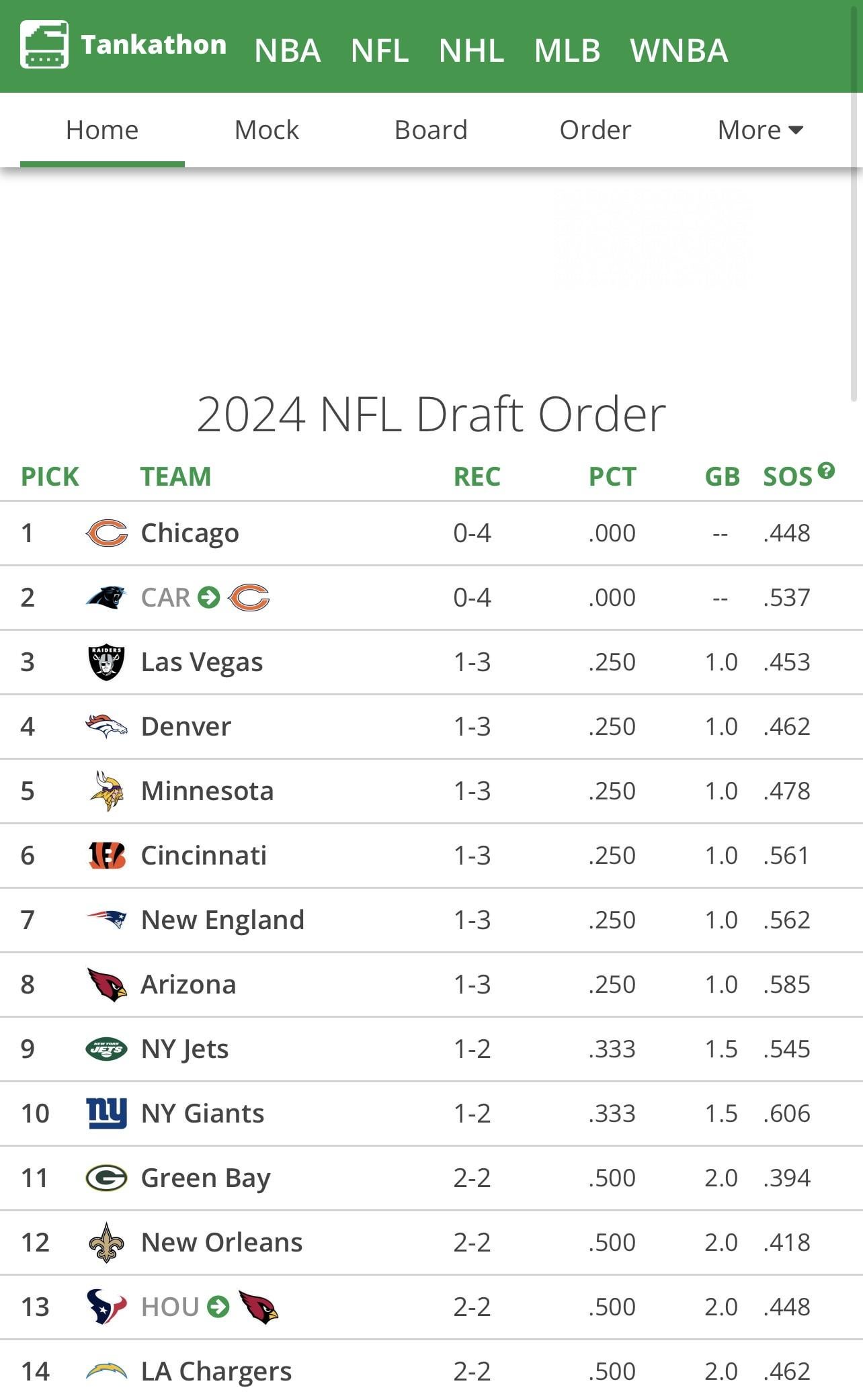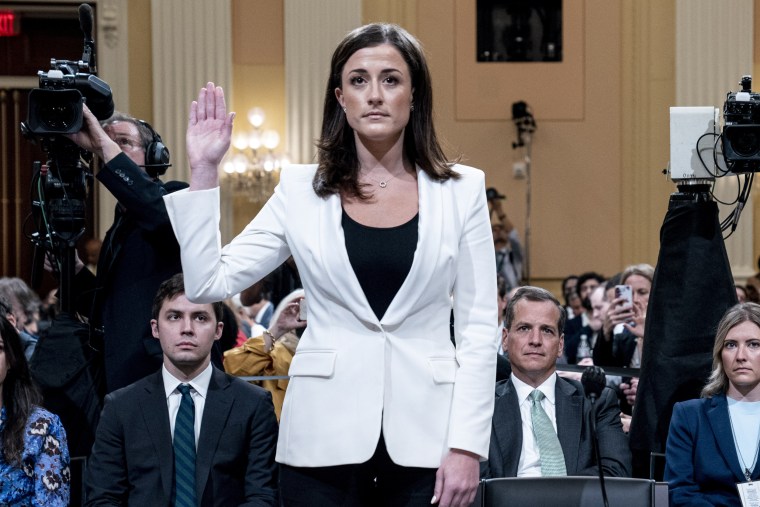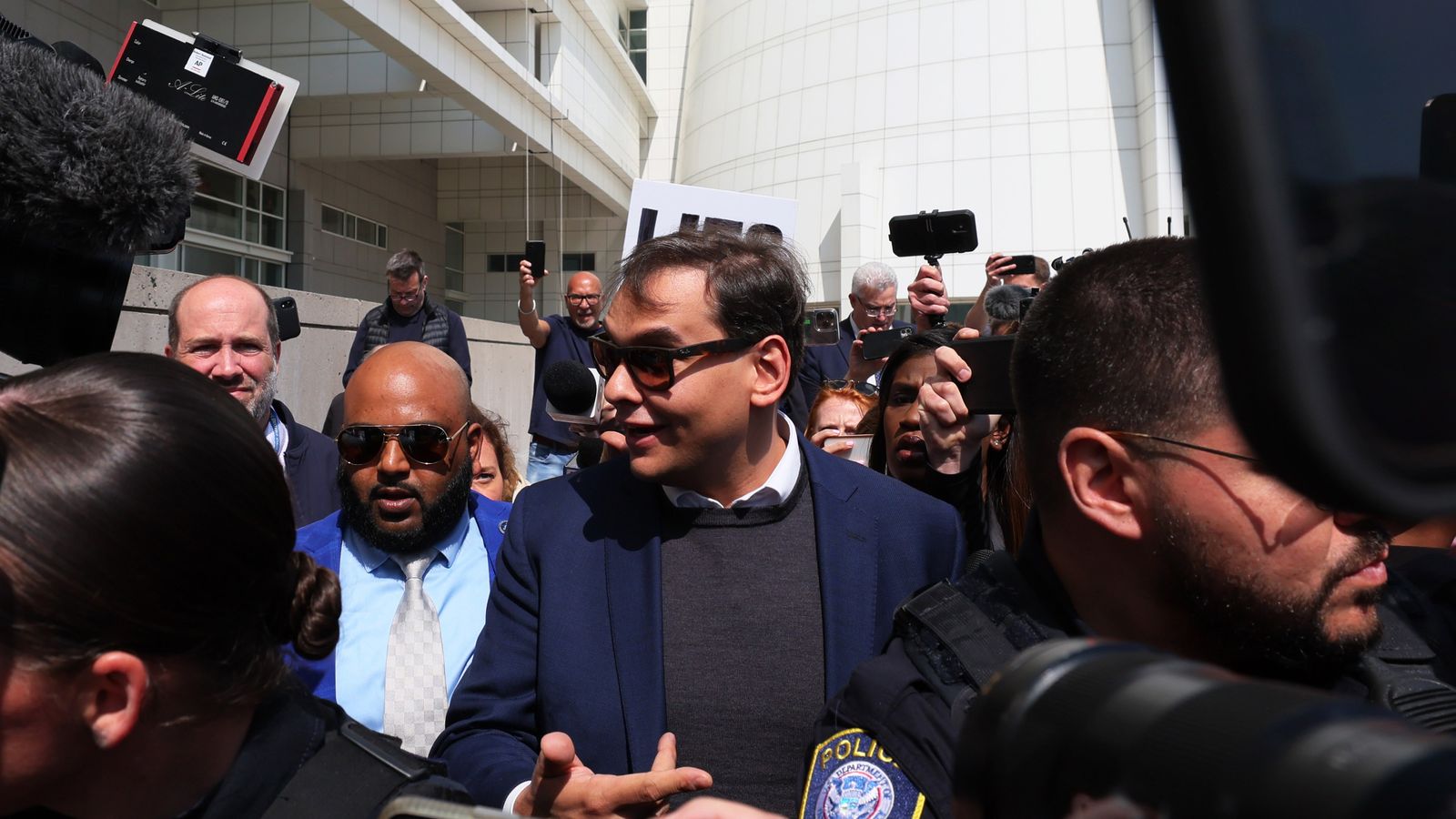Is Ukraine's NATO Aspiration Realistic? Trump's View And The Current Situation

Table of Contents
Historical Context: Ukraine and NATO Relations
Understanding Ukraine's NATO aspirations requires examining the historical context of its relationship with the alliance. The path towards potential membership has been complex and fraught with challenges.
- The 1994 Budapest Memorandum: This agreement, signed by Ukraine, Russia, the US, and the UK, saw Ukraine relinquish its nuclear arsenal in exchange for security guarantees from these nations. This act significantly impacted Ukraine's security posture and its subsequent relationship with NATO. The failure of these guarantees to prevent Russian aggression casts a long shadow over the debate on Ukraine NATO membership.
- Past NATO-Ukraine Cooperation: Despite not being a member, Ukraine has engaged in various cooperation initiatives with NATO, participating in Partnership for Peace programs and contributing to NATO-led operations. This cooperation demonstrated Ukraine's commitment to Western security values and its desire for closer ties with the alliance.
- Evolution of Aspirations: Ukraine's desire for NATO membership has grown stronger over time, particularly in response to increasing Russian aggression. The 2014 annexation of Crimea and the ongoing war in Donbas have solidified this aspiration, making NATO membership a key element of Ukraine's national security strategy. This evolution highlights the increasing urgency of the Ukraine NATO membership question.
Trump's Stance on Ukraine's NATO Membership
Former President Trump's views on NATO and Ukraine's aspirations were notably critical. This stance added another layer of complexity to Ukraine's pursuit of membership.
- Criticisms of NATO: Trump frequently criticized NATO, questioning its value and the financial contributions of member states. His rhetoric often cast doubt on the alliance's collective security commitment. This skepticism undermined the confidence of some NATO allies in the organization's effectiveness.
- Reluctance to Support Ukraine's Membership: Trump's administration expressed reluctance to explicitly support Ukraine's NATO membership bid, often highlighting the complexities and potential risks involved. This hesitation contrasted sharply with the positions of other NATO members.
- Impact on Ukraine's Geopolitical Strategy: Trump's stance forced Ukraine to reassess its geopolitical strategy. The uncertainty surrounding US support for NATO membership prompted Ukraine to explore alternative security arrangements and diversify its alliances. This uncertainty significantly influenced Ukraine's approach to its NATO aspiration.
The Russia-Ukraine War and its Impact on NATO Membership
The ongoing war in Ukraine has fundamentally reshaped the discussion surrounding NATO membership. The conflict has dramatically accelerated the debate and heightened the urgency of the issue.
- Security Implications: The war starkly highlights the security risks faced by Ukraine and the potential consequences of NATO expansion for the alliance. Including Ukraine could provoke further Russian aggression, while excluding it leaves Ukraine vulnerable.
- Russia's Reaction and Threats: Russia has repeatedly warned against Ukraine joining NATO, viewing it as a direct threat to its own security interests. These threats underscore the high stakes involved in Ukraine’s NATO aspiration.
- Impact on Public and Political Support: The war has galvanized support for Ukraine within NATO, strengthening the argument for its eventual membership. However, internal divisions and concerns about escalating the conflict persist among some allies.
Current Geopolitical Landscape and Challenges
The current international political climate presents both opportunities and challenges for Ukraine's NATO aspirations. The level of support among allies is crucial, yet internal divisions within NATO remain.
- Support Among NATO Allies: While many NATO allies strongly support Ukraine's aspirations, a consensus on the timing and conditions of membership is yet to be reached. This lack of complete unity presents a challenge to Ukraine's bid.
- Obstacles to Membership: Internal political divisions within NATO, coupled with concerns about escalating the conflict with Russia, present significant obstacles. The decision requires careful consideration of strategic implications and potential risks.
- Role of International Organizations: The actions and stances of international organizations and other global powers, such as the EU and China, also play a significant role in shaping the future of Ukraine's NATO aspirations. These external actors add layers of complexity to the issue.
Alternative Security Arrangements for Ukraine
If full NATO membership proves unrealistic in the near term, alternative security partnerships could provide a crucial safety net for Ukraine.
- Enhanced Partnerships with NATO: Strengthening existing partnerships through enhanced cooperation programs and military assistance could offer a more immediate solution. This approach allows for closer cooperation without the full commitment of membership.
- Bilateral Security Agreements: Ukraine could pursue bilateral security agreements with individual NATO members or other key allies. These agreements could provide specific security guarantees and commitments.
- Pros and Cons of Alternatives: Each alternative has its own set of advantages and disadvantages, requiring careful consideration of Ukraine's specific security needs and geopolitical context. This requires a nuanced approach taking into account all factors influencing Ukraine's long-term security.
Conclusion
The question of Ukraine's NATO membership remains a highly complex and dynamic issue. While the ongoing war has significantly increased support for Ukraine's aspiration within NATO, the risks of escalation and internal divisions within the alliance continue to pose significant challenges. Former President Trump's skeptical stance further complicated the issue, highlighting the deep-seated disagreements surrounding NATO's role and effectiveness. Weighing the pros and cons of NATO membership against alternative security arrangements requires a comprehensive understanding of regional dynamics and global power shifts. The future of Ukraine's NATO aspiration is closely linked to the evolving geopolitical landscape and the ongoing conflict.
The question of Ukraine's NATO membership remains a complex and evolving issue. Stay informed about the latest developments in this crucial geopolitical matter and continue the conversation on Ukraine's NATO aspiration. The future security of Ukraine and the broader stability of Europe hinge on a careful consideration of all facets of this important debate.

Featured Posts
-
 Nfl Draft 2024 First Round In Green Bay Thursday Night Football
Apr 26, 2025
Nfl Draft 2024 First Round In Green Bay Thursday Night Football
Apr 26, 2025 -
 Selling Sunset Star Calls Out La Landlords For Price Gouging After Fires
Apr 26, 2025
Selling Sunset Star Calls Out La Landlords For Price Gouging After Fires
Apr 26, 2025 -
 Cassidy Hutchinson Key Witness To January 6th Announces Memoir
Apr 26, 2025
Cassidy Hutchinson Key Witness To January 6th Announces Memoir
Apr 26, 2025 -
 87 Month Sentence Sought For George Santos By Department Of Justice
Apr 26, 2025
87 Month Sentence Sought For George Santos By Department Of Justice
Apr 26, 2025 -
 Success On Screen The Impact Of Nepotism On Televisions Current Landscape
Apr 26, 2025
Success On Screen The Impact Of Nepotism On Televisions Current Landscape
Apr 26, 2025
Latest Posts
-
 Tragic Fate Of Americas First Nonbinary Person
May 10, 2025
Tragic Fate Of Americas First Nonbinary Person
May 10, 2025 -
 Chuyen Tinh Dep Cua Lynk Lee Sau Khi Chuyen Gioi
May 10, 2025
Chuyen Tinh Dep Cua Lynk Lee Sau Khi Chuyen Gioi
May 10, 2025 -
 Technical Skill Development Program For Transgenders In Punjab
May 10, 2025
Technical Skill Development Program For Transgenders In Punjab
May 10, 2025 -
 Hanh Trinh Chuyen Gioi Cua Lynk Lee Tu Nhan Sac Den Tinh Yeu
May 10, 2025
Hanh Trinh Chuyen Gioi Cua Lynk Lee Tu Nhan Sac Den Tinh Yeu
May 10, 2025 -
 Punjabs Initiative Technical Training For Transgender Community
May 10, 2025
Punjabs Initiative Technical Training For Transgender Community
May 10, 2025
